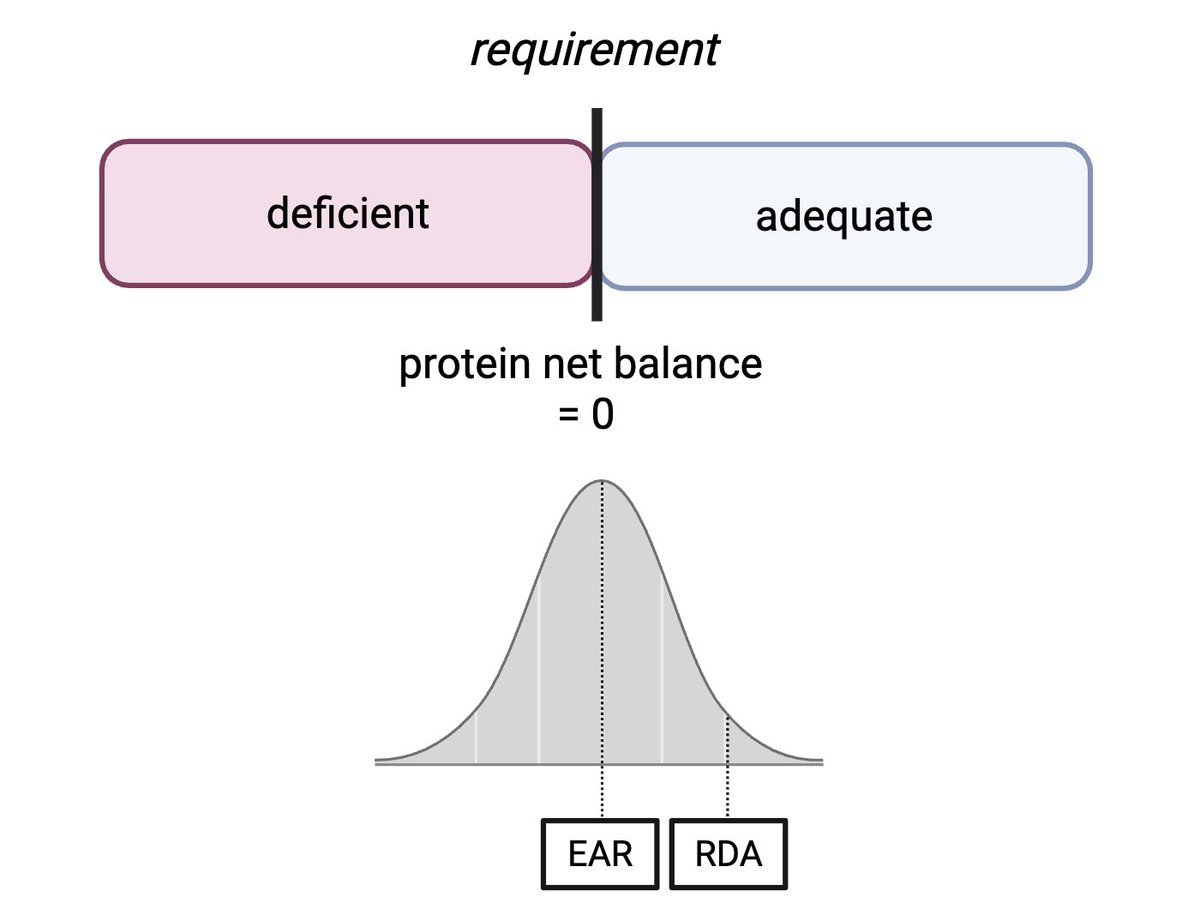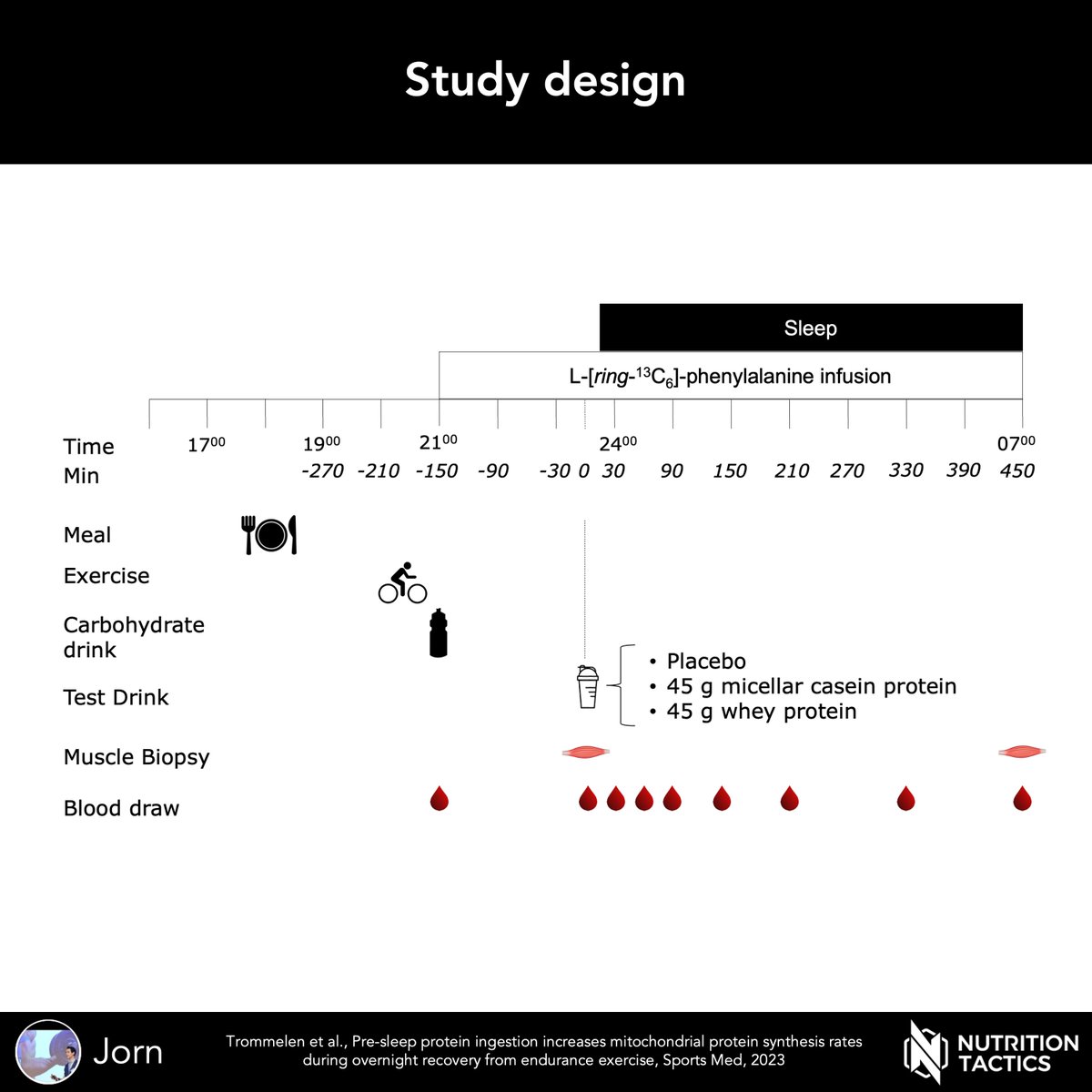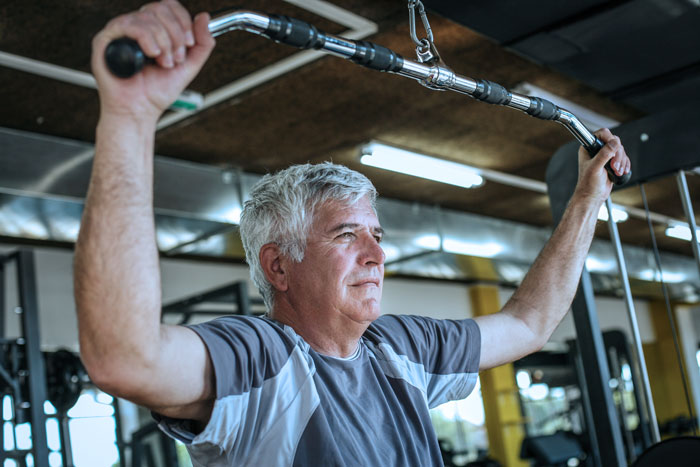It is often suggested that coffee causes dehydration. This is because coffee contains caffeine, which has a dehydrating effect. However, coffee also contains fluid which has a hydrating effect. Therefore, it can be questioned if coffee intake really causes dehydration.
2/
2/

This study investigated the effect of coffee intake on hydration levels in habitual coffee consumers (3-6 cups a day). Each subject participated in two 3-day experiment periods: one coffee period and one water period.
3/
3/

During the coffee period, subjects drank 4 cups of coffee per day (containing 4 mg caffeine per kg body weight, which equaled 200-450 mg caffeine per day). During the water period, subjects drank 4 cups of water. Hydration status was measured with the gold standard (D2O).
4/
4/
There was no change in hydration status during the 3-day experimental periods in either treatment and no difference between the coffee or the water period.
5/
5/
Note that this study used moderate amounts of coffee and habitual coffee drinkers. Previous research suggests that higher doses of caffeine may be dehydrating and that the dehydrating effect of caffeine is less in regular caffeine consumers.
6/
6/

Therefore, it is still possible that higher doses of caffeine and/or coffee have a dehydrating effect, especially if you’re not used to caffeine consumption.
7/
7/
In conclusion, moderate coffee consumption (4 cups per day) does not cause dehydration compared to water in individuals who consume coffee regularly.
Study:
ncbi.nlm.nih.gov/pubmed/24416202
8/8
Study:
ncbi.nlm.nih.gov/pubmed/24416202
8/8

• • •
Missing some Tweet in this thread? You can try to
force a refresh






















